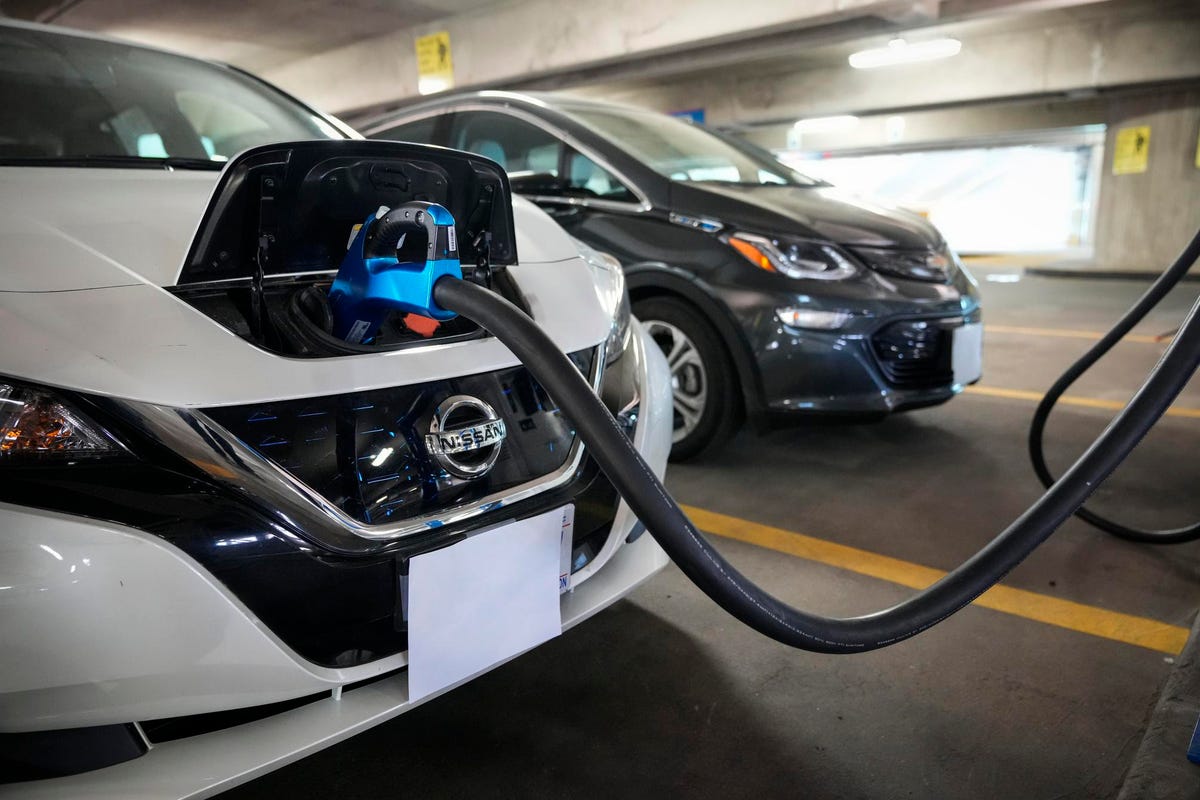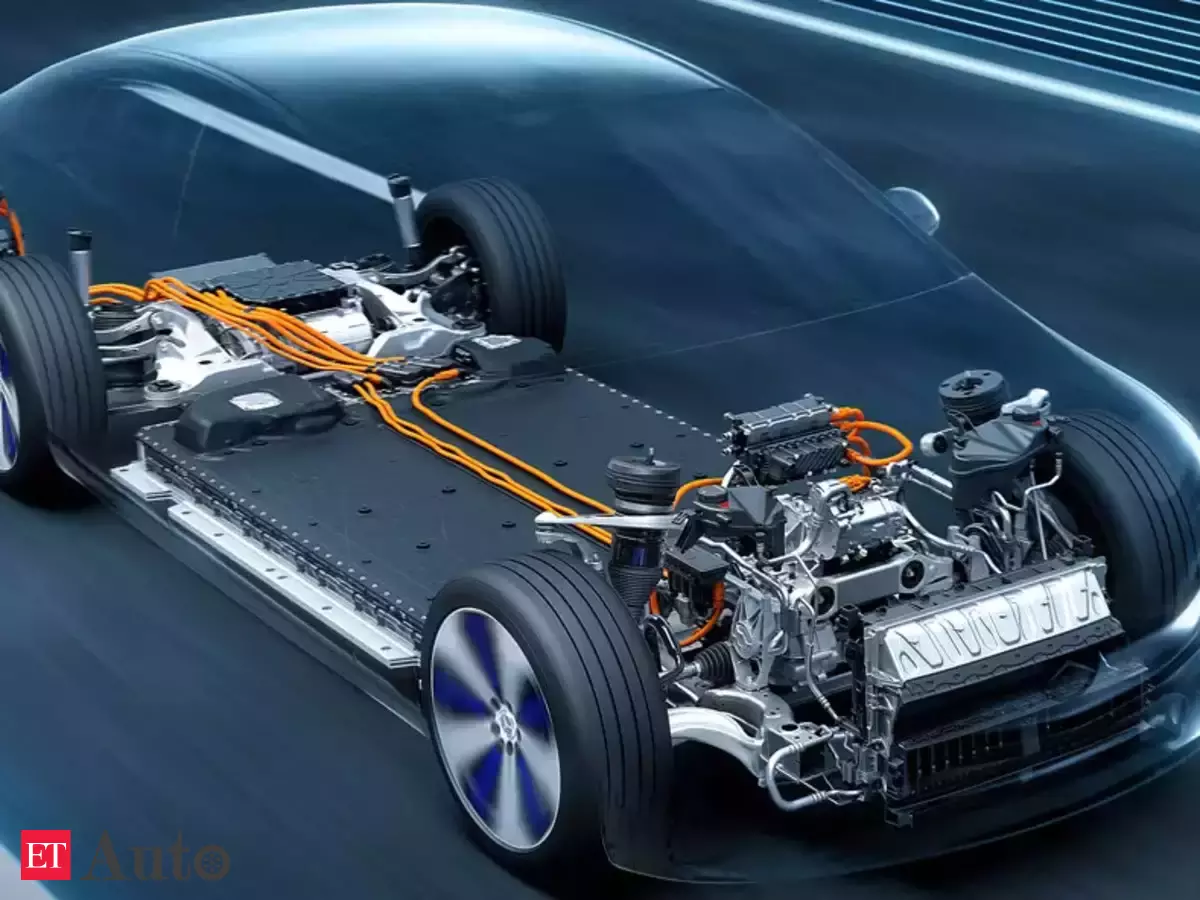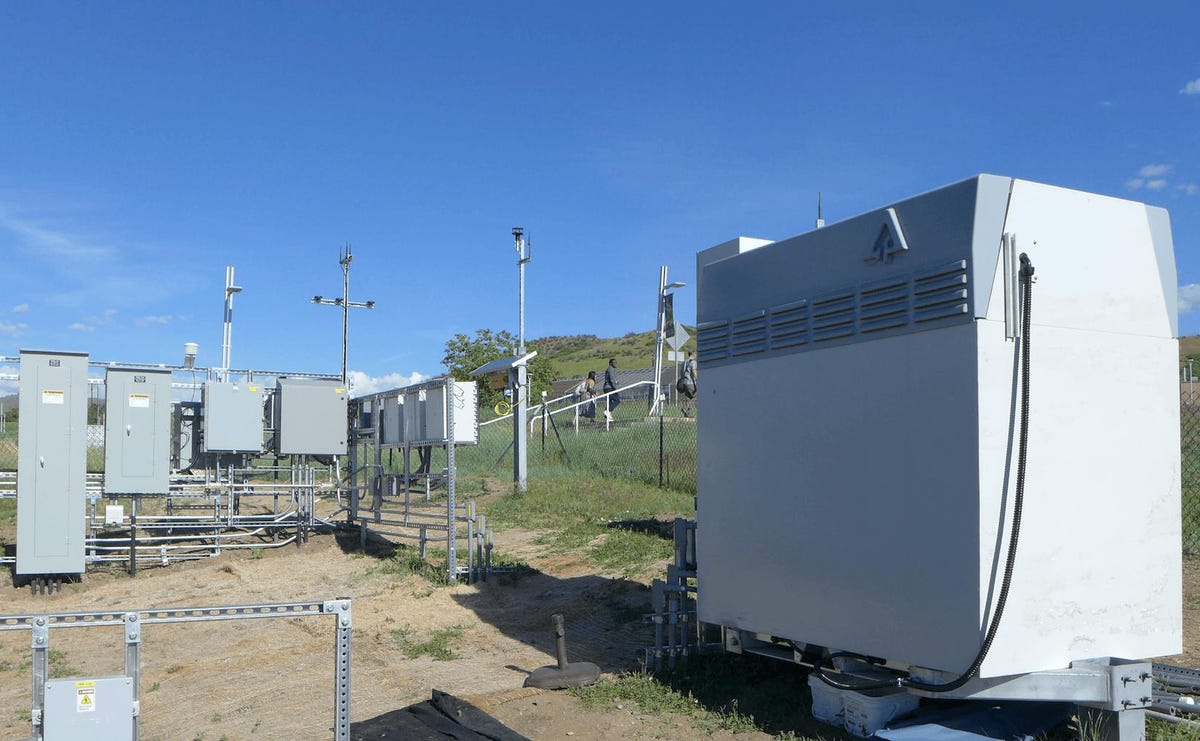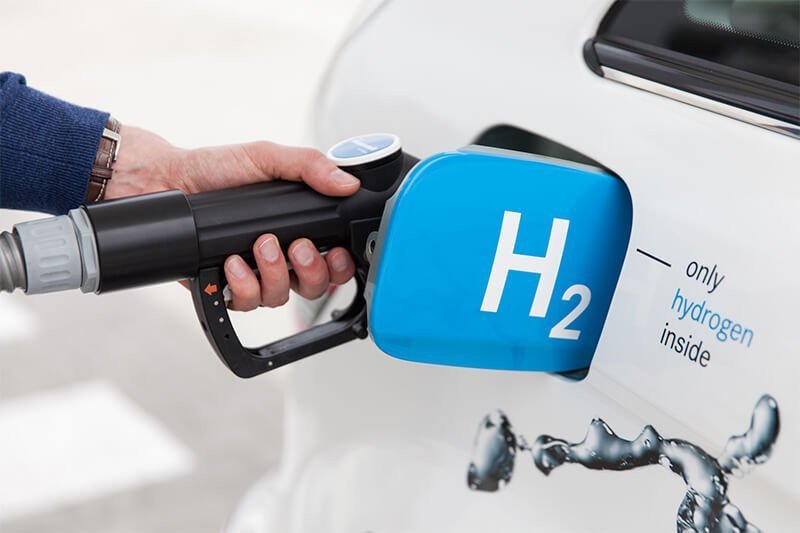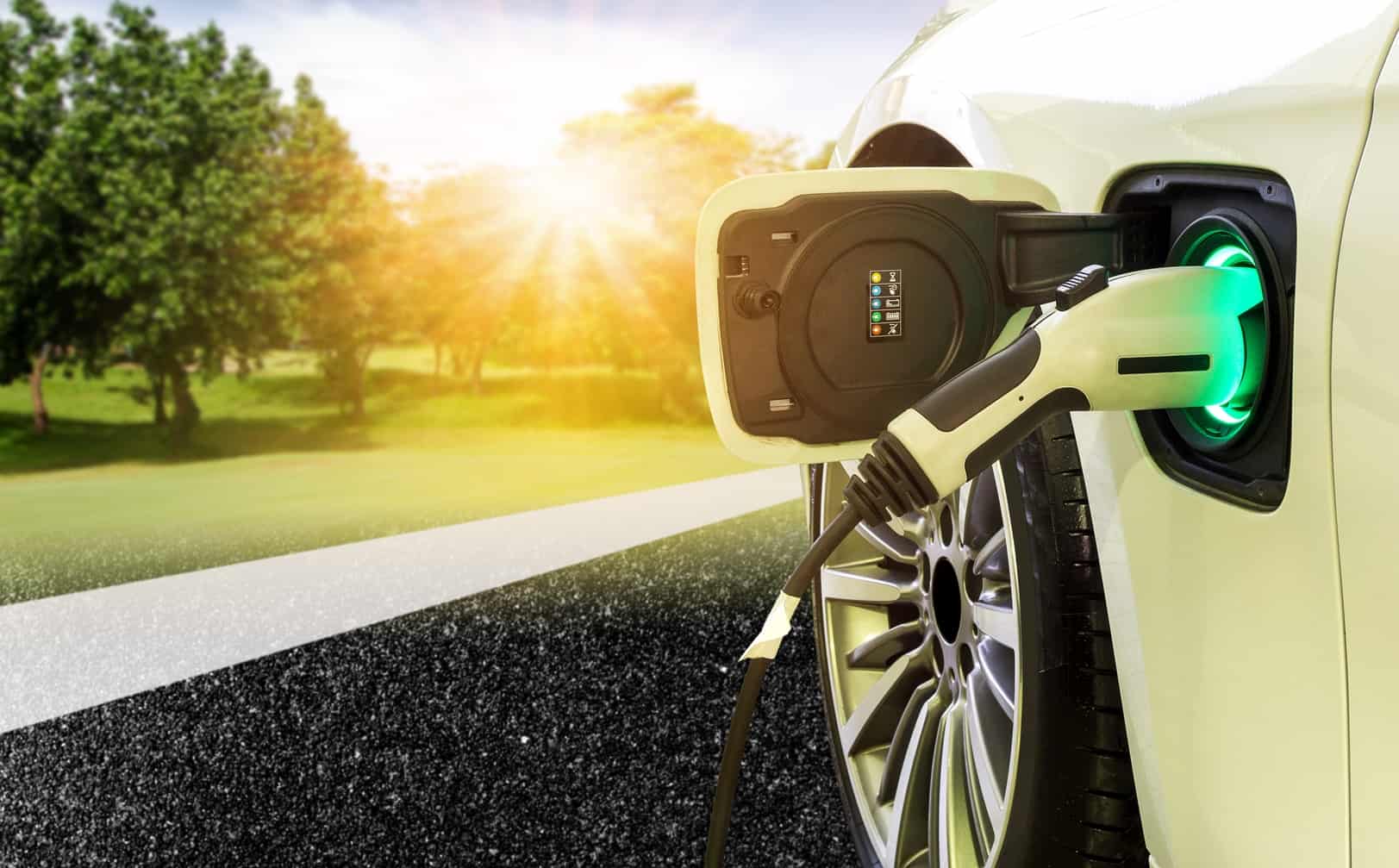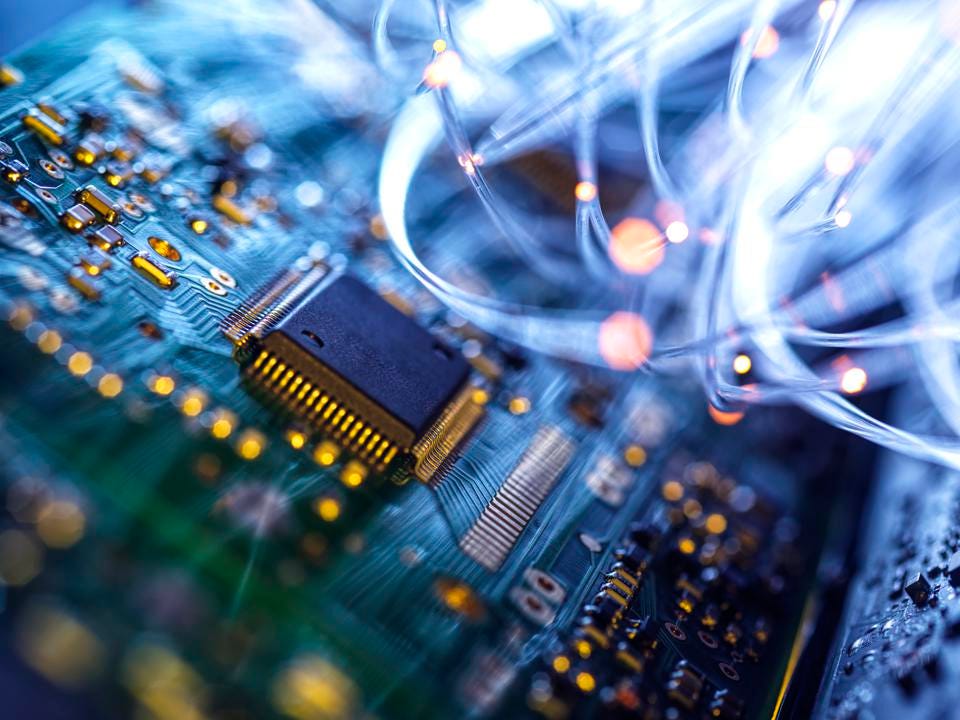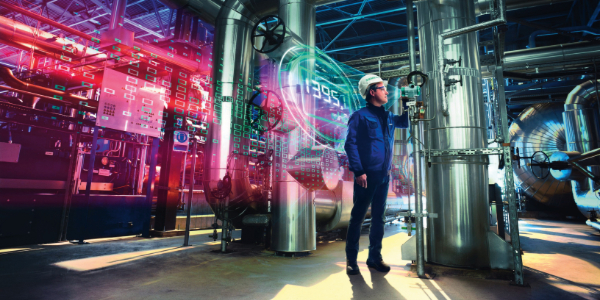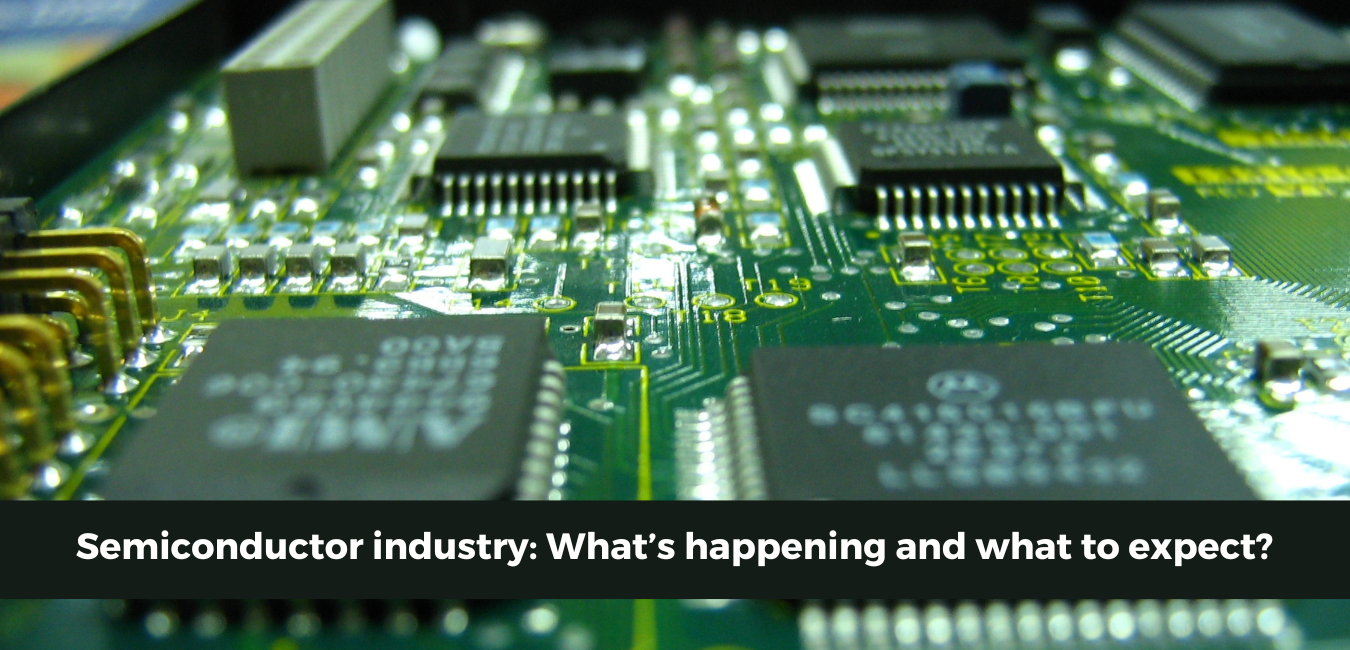IoT and Blockchain Revolutionizing Automotive Industry
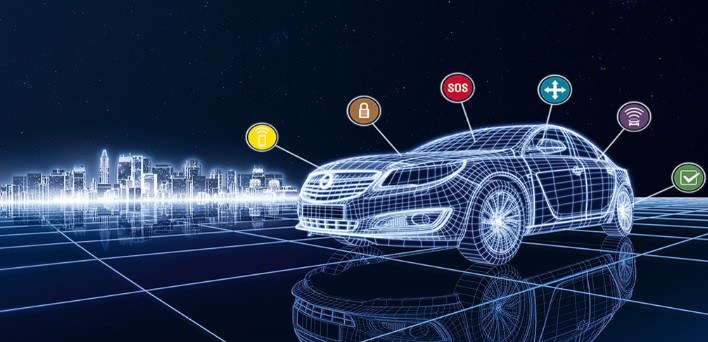
“Automakers are looking into blockchain, a technology best known for its use in cryptocurrencies like Bitcoin, as a way to boost security in increasingly linked automobiles. As the ordinary automobile becomes more connected, electrified, and/or autonomous, a more sophisticated database will be required to keep up – and blockchain appears to be the answer.”
Automakers now have a real chance to ditch their existing wasteful business processes and adopt a new, more efficient way of doing business thanks to blockchain technology. Within the automotive industry, there have already been several fascinating blockchain developments. Let's take a look at how blockchain technology is transforming the automotive business.
What is Blockchain and How Does a Blockchain Work?
A blockchain is a distributed database, which means that the database's storage devices aren't all connected to the same processor; instead, it keeps track of a growing list of ordered information known as blocks. Each block has a timestamp and a link to a previous block, making it difficult to change one block without affecting the rest of the blocks in the chain. By owning the private keys required to write to the file, users can alter areas of the blockchain that they "own." Cryptography keeps everyone's copy of the distributed blockchain up to date.
By nature, blockchains are secure databases, making them ideal for storing medical information, financial transactions, managing identities, and verifying provenance. In commerce and transaction processing, blockchain can eliminate the intermediary.
Automotive Industry & IoT
By 2040, IoT will have connected 90 percent of all new automobiles. The aim to establish smart cities and smart traffic control systems, as well as the drive to reduce greenhouse gas emissions, have all contributed to the rapid rise of IoT in the automotive sector.
IoT, as a whole, has a lot to offer the sector. It improves connectivity, which transforms cars into smart gadgets and paves the way for self-driving cars. V2X and in-vehicle communication are two of the most important areas where IoT is pushing change in the automobile industry right now.
Vehicle-to-Everything (V2X) Communication
Vehicle-to-vehicle (V2V) and vehicle-to-infrastructure (V2I) communications are examples of this. The capacity of connected cars to acquire accurate and complete data about their surroundings in real-time is a critical feature. This necessitates the use of sophisticated equipment like sensors, high-resolution cameras, radar, and other similar devices. Objects as little as one centimeter and as far away as 120 meters must be identified.
Drivers can use sensor-generated data to get route information, predicted trip times, and incident reports, among other things. As a result, information about road conditions or potential hazards might assist in planning the most efficient route.
Applications of Blockchain in the Automotive Industry
Secure Payment, In-Vehicle
Blockchain first gained public attention as the technology that underpins cryptocurrencies like Bitcoin; cryptocurrency is still the most common application of blockchain technology. Car owners, on the other hand, may soon be able to use blockchain to pay for the electricity needed to charge their electric vehicles.
Consider what would happen if charging your car triggered a smart contract on the blockchain that withdrew the right amount of money from your account and paid it to the charging station. Your monthly parking fee, insurance, and any other financial activities involving your vehicle could all be affected in the same way.
Safe-guarded Autonomous Data
As a self-driving vehicle navigates the globe, the blockchain may be tasked with recording information on the trip's details. This localization data could include anything from road and infrastructure details to traffic patterns in general. Other vehicles in the network might then access this data and believe that it is accurate and secure because it was processed using blockchain technology.
Because sharing everyone else's data is the quickest way to autonomous driving, automakers may soon use blockchain to safely exchange all of the localization data.
Ridesharing Decentralized
Ride-hailing services like Lyft and Uber are already changing how we use — and don't use — our cars. A driver picks you up in their car and drives you to your location with only a few swipes on an app. In the not-too-distant future, blockchain combined with autonomous technology could take ridesharing to the next level.
One of the goals of blockchain is to eliminate middlemen between riders and drivers while ensuring more secure data management. For example, by basing payment on preset conditions and encoding them in a smart contract, drivers will only get paid after delivering a rider to their destination. Instead of an arbitrary cancellation fee, if a rider cancels, the contract might refund a modest amount of the payments to the driver to account for their time.
Fair and Reliable Car Sharing
Not only do blockchain-based systems make it easier to share rides, but they also make it easier to share vehicle ownership. For example, instead of everyone living in a high rise owning a car or relying on other modes of transportation, they may share a fleet of ten automobiles in the future. They'd use an app to request access to a vehicle when they wanted it, and the cars' blockchain would track each vehicle's behavior while it was in use.
The system would instantly settle payments on whatever terms the owners agree to, and the secure nature of blockchain would eliminate the guesswork about how long, far, and fast vehicles are utilized, resulting in greater convenience for everyone.
Supply Chain Management
The openness provided by distributed ledgers in the automobile industry might help ensure that manufacturing, shipping, and suppliers all view the same supply chain, making the insertion of counterfeit parts practically impossible. Furthermore, multiple blockchains could be used to manage the massive amounts of data generated and monitored daily by automotive manufacturers and suppliers: one blockchain could contain vehicle component bills of lading, another could contain quality-inspection records created during the manufacturing process, and yet another could store WIP information for each vehicle assembly from start to finish.
Smart contracts might also be integrated into manufacturing blockchains to release purchase orders automatically at specific stages of the manufacturing process. Contracts may be automatically allocated to the provider with the most inventory on hand, which would improve supply chains.
The Problem
While Blockchain technologies are making inroads into the automotive industry, there is still a lot of ambiguity around their future. Blockchain, more than any other emerging technology, may take longer to deploy. While projections and forecasts are high, adoption rates differ from region to country. Due to risk mitigation and regulatory restrictions, it has been delayed in some locations.
Automotive businesses are working hard to incorporate Blockchain technology into their operations. However, because of their complex features, the expense of integrating them into the vehicle industry is quite significant.
What to Expect
The use of IoT and Blockchain technologies, as well as their combination, can aid in overcoming the issues that each of them encounters independently. It would be nothing short of revolutionary to devise a system that allows the whole vehicle industry to operate with minimal human supervision.
Immutable DLTs, for example, might assist address security and safety concerns, while IoT could make data collecting and adoption easier. Combining their functions could blur the lines between them, resulting in a completely new automobile design. Even if this is just a concept in its early phases, feasible applications should be investigated and tested. So, the chance exists.
Major Market Highlights:
- Renault's relationship with Microsoft and VISEO is beneficial to the market. Using Microsoft Azure Blockchain Technology, the team produced a prototype for a digital car maintenance book. It allows you to save "all vehicle facts in a simplified, tamper-proof, and secure digital car maintenance book."
- Oaken Innovations has teamed up with Brisa, a toll road operator, A to Be, and Via Verde to create a commerce platform that uses blockchain to enable smart tolling on booths.
- The Insurer Network, a reinsurance smart contract platform built on IBM blockchain technology and hosted on IBM Cloud, was launched in collaboration with Thai Reinsurance Public Company Limited (Thai Re). With a secure single version of truth documentation, Thai Re will be able to gain efficiency and speed in executing reinsurance contracts thanks to IBM Blockchain technology built on the highly secure IBM Cloud.
- The ADDA and Intel signed a Memorandum of Understanding (MoU). It aims to accelerate Abu Dhabi's digital transformation by combining Intel's Dubai Innovation Centre and Intel's experience in AI, video analytics, edge computing, blockchain, IoT, workplace transformation, and Augmented Reality (AR). The Memorandum of Understanding also supports Abu Dhabi's Vision 2030.
- AWS partnered with BMW Group to help the automotive industry speed data innovation. To track automotive parts and raw materials across the supply chain, the BMW Group's PartChain Platform used AWS capabilities such as Amazon Elastic Kubernetes Service (Amazon EKS) in conjunction with open-source blockchain management tools.
Conclusion: Our journey takes us around the blockchain
As a secure and unique type of encryption, blockchain has the potential to be one of the crucial technologies that allow the automobile sector to enter the new era of smart vehicles. Whether it's by safeguarding financial data or increasing the trustworthiness of shared ownership, blockchain has the potential to transform the way data is managed in future cars - and it's worth paying attention to.
We shall see thought-provoking advancements in our lives as fresh technology arise. The strength and potential of IoT and Blockchain to disrupt the mobility sector as we know it is demonstrated in today's look at their disruptive force.


